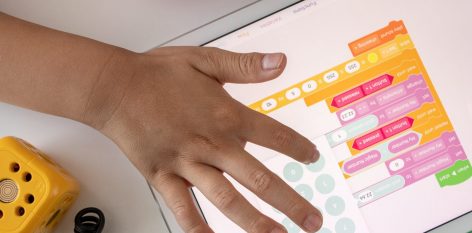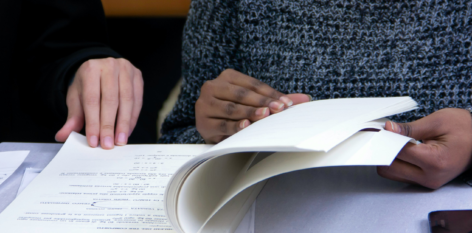I’ve now been on Earth for 36 years and though I walk on it like each day is my first, I often find myself walking backwards, toward the past. Perhaps I simply enjoy a good bout of nostalgia or perhaps there is actual worth in looking back in order to learn and move forward?
I’m going to hypothesis that we do not spend enough time thinking about the past, in fact nor the present but only the future. Ask yourself this question, how often do you look back in time in order to help yourself determine which way forward?
If we are to invest in the future we must invest in ourselves in order to develop new ideas and innovations that support our social fabric, infrastructures and environments, for “we are not makers of history, we are made by history” (Martin Luther King Jr.).
My challenge then, is to better position 21st century children to take advantage of the opportunities and the challenges posed in a 21st century world. This means children need to possess 21st century competencies. But, what does this actually mean?
In my line of work, I aspire to spend as much time as possible in nature’s wilderness in order to share what I believe to be of the greatest value; appreciation and awareness.
Whilst 21st century children need 21st century competencies, this does mean our education system needs to be completely overhauled to reflect that of a scene from Star Wars. Unquestionably there are now new teachable moments and certainly ways in which we can engage student learning better. However, the needs of the student are the same as they were in the past and as they were during the times before that. We are fuelled by our innate ecocentric desires, principles which enables us to be creators, problem-solvers, reflective, cooperative, imaginative, and resilient.
Any pedagogical framework needs to reflect the interconnectedness of our (own) existence in terms of context, mutuality and relativity, for every breath we take, what we subsequently breathe out contributes toward influencing that environment, which in turn provides multiple dimensions that become teachable moments.
As the emergence of a ‘green economy’ takes hold there is an opportunity for us to reconnect our value systems, reconnect pathways to realign our thinking in sustaining the health of systems, our biosphere and ourselves. This includes allowing future generations to play a part in such opportunities as well as the greater conversation. In order for that to happen, they need a safe space to explore, engage, empathise, evaluate. They need a learning environment which supports the needs, not of a value system premised on economics, but rather one that is founded on a greater system than our own, an ecosystem that is more complex than any human-designed system can ever create.
Legacy, according to www.dictionary.com, is ‘anything handed down from the past, as from an ancestor or predecessor’. If we think of this in respect to education, then we can ask ourselves, ‘what has been left (behind) for future generations and which components of the past should we be celebrating and which ones should we be discarding?’




